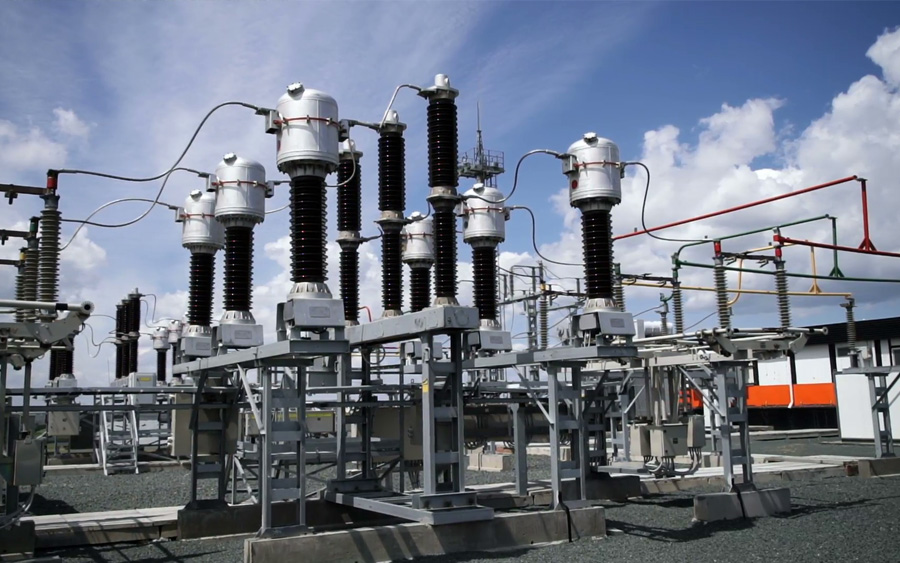Ikeja Electric, Eko Electricity and other Distribution Companies have announced that their customers would pay more for power consumed from July 1, 2020, as the DisCos are set to increase their tariff in line with regulatory policies aimed at improving service delivery.
This was disclosed by the duo in statements published via their Twitter handles on Friday.
In the statement, they explained that the review is in accordance with regulatory policies that permits a periodic tariff review to reflect current macroeconomic realities of the country.
It stated, “The objective is to ensure a service reflective tariff that will enable our companies the required Performance Improvement Plan for Electricity Distribution Companies in Nigeria and achieve financial and fiscal sustainability in the Nigerian power sector.
“The tariff review becomes imperative considering the need to improve quality service to our esteemed customers. The new tariff will be strictly service reflective as customers are expected to pay tariff based on the electricity supply available to them.
“We understand the inconveniences this may pose to our customers especially during the Coronavirus pandemic period but wish to reiterate this was done to improve the quality of service provided by DisCos.”
PUBLIC NOTICE
This is to inform our esteemed customers of the Upward Review of the Electricity Tariff which takes effect from July 1, 2020. #ekoelectricity#empoweringqualityoflives#tariff pic.twitter.com/l8NztEd8oU
— Eko Electricity Distribution Company (@EKEDP) June 26, 2020
Meanwhile, Nairametrics had reported in last January that the new electricity tariffs would be introduced by the Nigerian Electricity Regulatory Commission (NERC) effective from April 1, 2020.
Why NERC wants to increase tariff: The increase in price is a follow-up to the charges set in 2015. The tariff increase would cater for revenue shortfalls in the sector. The order was issued to the 11 DisCos on December 31, 2019.
The Minister of Power, Saleh Mamman, had said in a Nairametrics report that the hike was inevitable due to the rising cost of electricity generation in Nigeria. According to him, improvement in electricity supply necessitated the need to increase the electricity tariffs.
Mamma said electricity supply was being affected by cost-ineffective tariff and that it was a drawback on the operation of the energy distributors. So, if electricity supply was to improve, there’s a need for procurement of needed equipment that would reflect on the electricity tariff.
